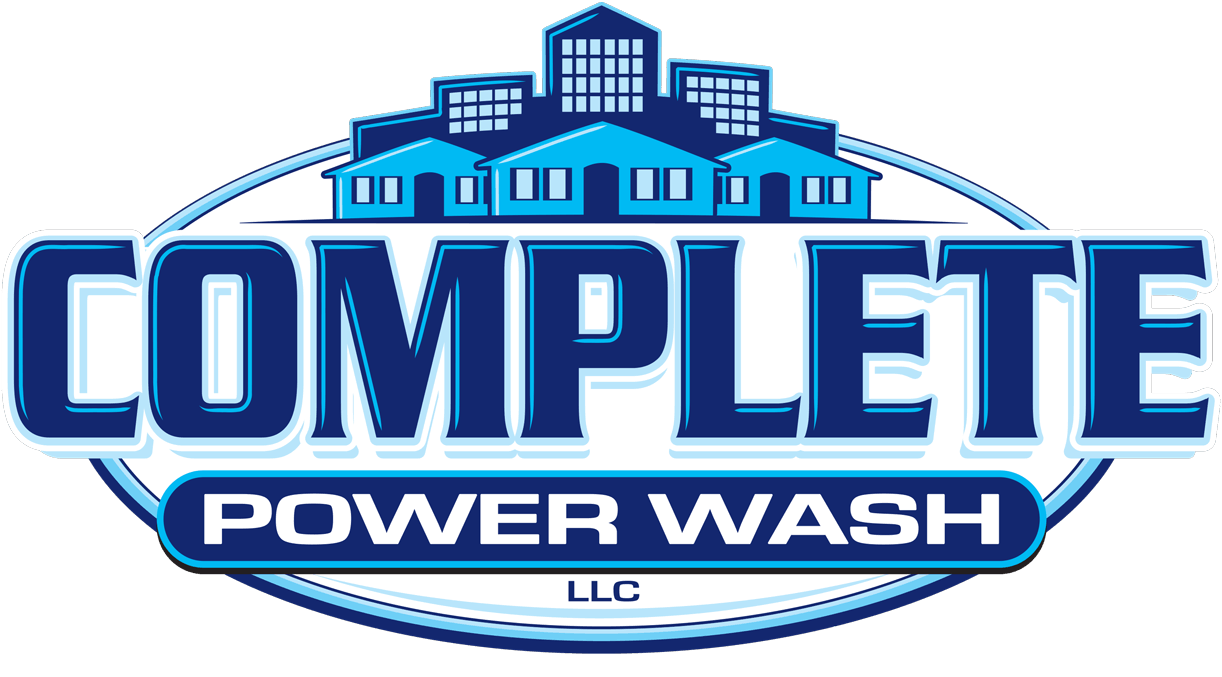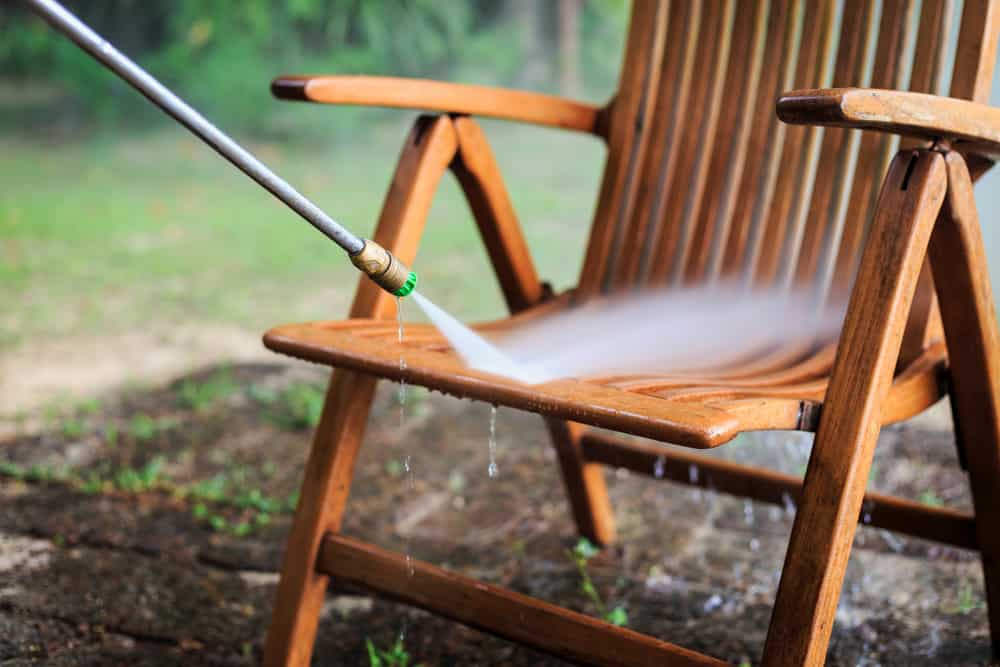Pressure washing definitions are good to know when interviewing prospective companies to hire. See the list we have provided below.
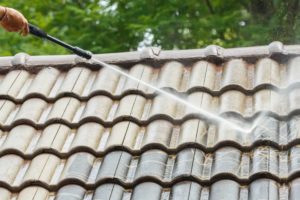 In addition to being equipped to ask questions about “the softwash technique” and “artillery fungus,” make sure companies are insured before hiring their techs. After all, accidents can happen. We at Complete Power Wash believe an informed pressure washing customer is one who will likely be happy after a competent tech is finished. And ultimately, you want to be happy with a clean home, with little to no mess left from the job.
In addition to being equipped to ask questions about “the softwash technique” and “artillery fungus,” make sure companies are insured before hiring their techs. After all, accidents can happen. We at Complete Power Wash believe an informed pressure washing customer is one who will likely be happy after a competent tech is finished. And ultimately, you want to be happy with a clean home, with little to no mess left from the job.
Technical Terms
Pressure washer or power washer – A high-pressure mechanical sprayer used to remove loose paint, algae, grime, dust, mud, and dirt from surfaces like buildings, gutters, fences and concrete surfaces.
Adjustable Pressure Regulator – The part of the pressure washer that varies the pressure of the high-pressure spray, sometimes using interchangeable tips.
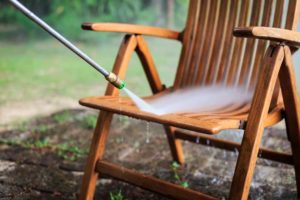 Adjustable Spray Nozzle – The pressure washer part that allows the tech to adjust the spray angle by turning the tip or using interchangeable tips (0º to 45º degrees disperse).
Adjustable Spray Nozzle – The pressure washer part that allows the tech to adjust the spray angle by turning the tip or using interchangeable tips (0º to 45º degrees disperse).
PSI (Pounds per square inch) – PSI refers to how much pressure applied to the surface being cleaned. Smaller electric models can start at 1,000 PSI, while larger models – often gas-powered – can reach 3,500 PSI or more.
Softwash – The technique of using gentle water pressure and detergents to loosen and wash away harmful elements from surfaces.
Commercial Pressure Washing – Expert technicians using professional-grade equipment to clean elements from dirty surfaces.
Residential Pressure Washer – a small, gas-powered or electric machine that pressurizes water from a hose bib to blast away dirt and grime. This device can cause damage to many surfaces, since it has so much concentrated power.
Harmful Elements
Algae – Plant group of chlorophyll-containing, mainly aquatic eukaryotic organisms ranging from microscopic single-celled forms to multi-cellular forms. These plants are distinguished by the absence of true-roots, stems, and leaves.
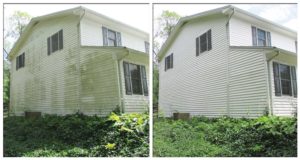 Mildew – Mildew is a type of mold that tends to grow on flat surfaces. While it mostly causes cosmetic damage to homes, it can hurt plants growing close to an affected wall. Black mold in porous materials can be a major health hazard.
Mildew – Mildew is a type of mold that tends to grow on flat surfaces. While it mostly causes cosmetic damage to homes, it can hurt plants growing close to an affected wall. Black mold in porous materials can be a major health hazard.
Artillery Fungus – The black spores that are often found growing on vinyl or wood siding near mulch. This fungus is not harmful, but can quickly multiply and cause cosmetic damage to exterior walls. After pressure washing, it is recommended to replace the mulch with stones.
Grime – Grime is a collection of dirt and other filthy matter that adheres to a structure. A buildup of grime can cause cosmetic and structural damage to some building materials.
Detergent – Detergent is an environmentally-friendly cleaner that tends to be gentle on most surfaces cleaned by pressure washing. Professional pressure washers use detergents as part of the softwash cleaning technique, because of gentle it is on building materials.
Contact Us
If you would like us to help you with your resolution to pressure wash your home in 2019, contact us by clicking here. If you prefer to talk to us, call our Hagerstown office at 301-842-2290. Our techs work throughout the great Hagerstown area, including Boonsboro, Clear Spring, Myersville, Maugansville, Keedysville and Frederick County, MD.
Click here to read our Facebook Reviews.
